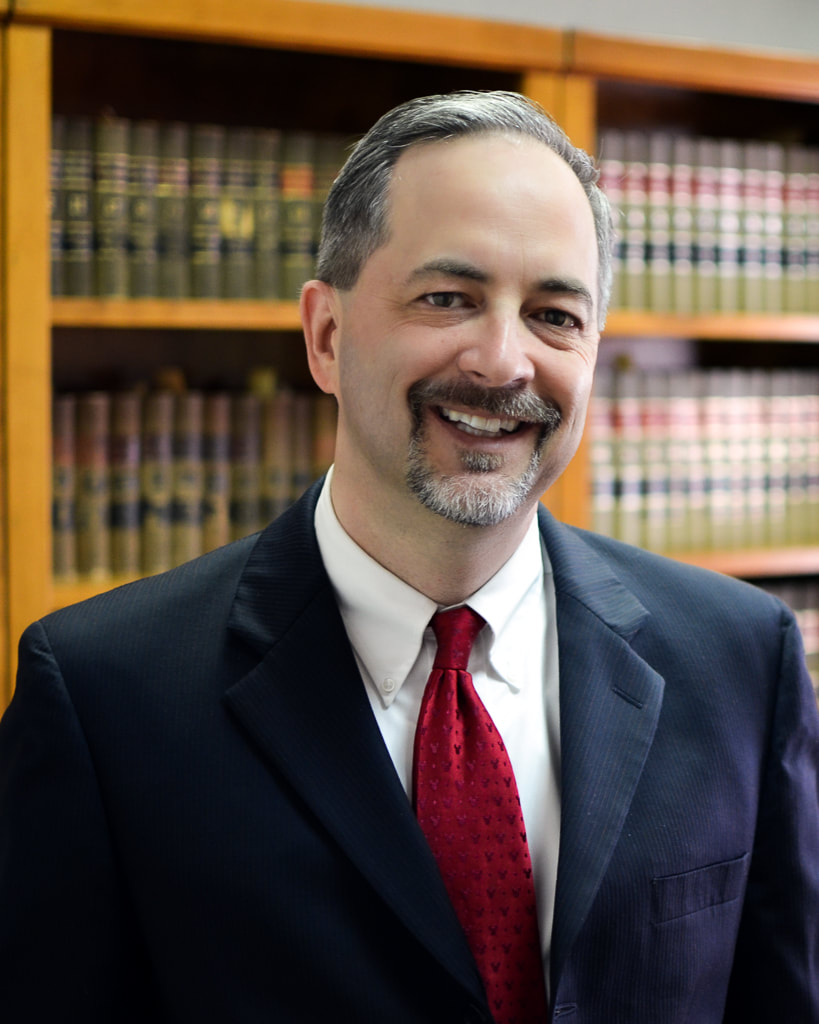|
Introduction
The California Homeowner Bill of Rights (HBOR) is a set of protections originated by the former California Attorney General Kamala Harris. These rules and procedural requirements regulate the foreclosure process for lending institutions as they seek to manage mortgages near or in default. The intention of the legislation is to ensure standardized processes are followed before foreclosure so that borrowers in default are aware of the options available. The legislation is applied to cases where the homeowner is a tenant, and the property has fewer than four living units. Protections are instated if the mortgage loan servicer has foreclosed on more than 175 homes in the previous year. The legislation is broadly intended to ensure that unnecessary or premature foreclosures do not destabilize the housing market or unfairly impact the situation of borrowers capable of maintaining a mortgage. This article will serve as a refresher covering some of the more prominent and notable provisions of the legislation as well as recommend action for attorneys seeking expert opinions and testimony on matters relevant to this legal doctrine. Dual Track Foreclosure Ban HBOR requires a lender/mortgage servicer to decide on a loan modification application before advancing the foreclosure process. During the time a lender/mortgage loan servicer is considering a loan modification request, the foreclosure process is paused. No longer can a servicer work on a loan modification and a foreclosure, simultaneously. Notification of Alternatives This aspect of the legislation stipulates that servicers must contact the homeowner in default to review their financial situation thirty days prior to initiating the foreclosure process. They must also notify homeowners of available foreclosure alternatives within five days of recording a notice of default. Guaranteed Contact If a homeowner applies for a loan modification, the servicer must assign them a representative who is knowledgeable about their financial condition and can answer questions about the status of a modification application or other alternatives to foreclosure. In the industry, this is known as a single point of contact (SPOC). After receiving an application, the servicer must notify the homeowner of any mistakes in the information within five days. Denial Rights If a servicer denies an application for a foreclosure prevention alternative, it must state its reasons for doing so. If a borrower experiences a material change to their financial condition after a denial, they can reapply for a modification. Restriction of Fees This provision essentially means that the lender cannot charge the homeowner a fee during the application process for a loan modification or foreclosure prevention alternative. The servicer is also prohibited from assessing a late fee when the homeowner is making regular payments under a modification or undergoing the appeal process for a denial of a modification request. Transfer and Tenant Rights If a modification or forbearance is approved by a servicer and subsequently transferred to a new servicer, the new servicer must honor the foreclosure prevention measures established by the former holder. Additionally, if a third party purchases a home in foreclosure, they must wait 90 days before starting the eviction process. If the resident of the property has a valid lease in place, the new property owner must honor the lease until expiration in the absence of certain exempting conditions. Conclusion It is important to note that while the overview above can be a helpful resource to individuals, there is no substitute for expert-level knowledge of the mortgage lending industry. This overview is just that: an overview. When making decisions about individual situations regarding a residential mortgage loan, it can be crucial to contact an attorney who may rely upon an expert witness. Jason Koontz can provide expert opinions and testimony for attorneys seeking to determine if a residential mortgage loan was managed in a way that conforms to the industry standards. Will Skidmore, Research Analyst with JD Koontz, LLC, provided significant assistance in writing this blog post. Works Cited California homeowner Bill of Rights. State of California - Department of Justice - Office of the Attorney General. (2020, August 4). Retrieved June 7, 2022, from https://oag.ca.gov/hbor
0 Comments
|
Jason D KoontzJason Koontz is a former bank Senior VP. He now serves as an expert witness in banking & real estate matters across the United States.. Archives
February 2024
Categories |



 RSS Feed
RSS Feed
